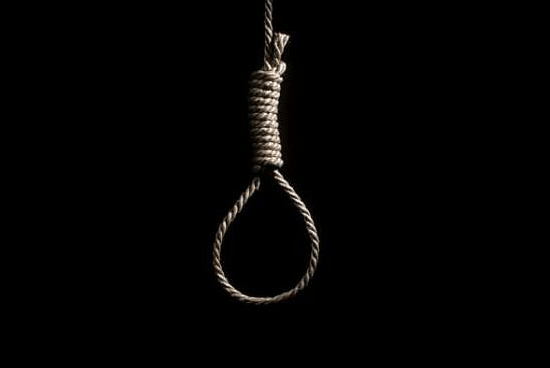Suicidologist calls for de-criminalisation of suicide
 Dr Joseph Osafo, a Clinical Psychologist and Suicidologist, is advocating the de-criminalisation of suicide from the laws of Ghana.
Dr Joseph Osafo, a Clinical Psychologist and Suicidologist, is advocating the de-criminalisation of suicide from the laws of Ghana.
He said suicide was not a crime, a disease, an immorality, nor biological anomaly, but there was always an internal logic to suicide and had a history.
He said as a society, there was the need to build strong evidence to support the fact that suicide had now become a public mental health problem in Ghana, which needed to be addressed psychologically and not criminalised.
He noted that “Section 57(2) of the criminal and other offences act states that a person who attempts to commit suicide commits a misdemeanour”, saying it prevented people from reporting suicide crises earlier.
Dr Osafo was speaking at the climax of a two-day workshop organised for circuit court Judges and Magistrates in Accra.
He said the workshop was geared towards building a strong support from the understanding of the Judges on the need to expunge the law on suicide, saying various diversions can be done at various levels through referral of mental health cases to the appropriate quarters.
Right from the police station, the law must provide an opportunity for diversion at any level.
“As a country, we cannot prevent suicide if there is no strategy or plan to curb it and, as such, we must come up with a national policy which would help build evidence for preventing suicide. When we understand the dynamics of suicide as a people it would help the way we relate to suicidal persons”
The workshop forms part of series of workshops organised by the Department of Psychology, University of Ghana, in collaboration with the Mental Health Advocacy Group and the Mental Health Authority.
Dr Osafo, who is also a Senior Lecturer of the Department of Psychology, University of Ghana, said people who normally attempted suicide were looking for a solution, were helpless, hopeless, wanted to communicate an intention, or escape and have a lifelong coping pattern.
He said suicidal persons always needed services that would modify the pains they were going through, and were likely to be confident and open up to experts.
According to the World Health Organisation, wherever suicide had been decriminalised, there had been a significant reduction, adding that, attempted suicide was actually a cry for help.
He said suicide was a problem with its roots and solution found in the health sciences, and suicidal persons must be made to talk about it, since research had shown that when it is talked about, they got a different feeling towards it.
He said currently there was no concrete statistics on suicide in Ghana, but police records from 2006 to 2008 indicated that 287 people engaged in the act of suicide with 243 fatal outcomes, representing 84.7 per cent.
Dr Osarfo said media reports also indicated that suicide was gradually increasing in Ghana and among children from the ages of 13 to 19 years.
Some reasons why people commit suicide or attempt suicide include; financial, emotional, existential, status crises, cultural oppression, academic problem, depression, hopelessness, parental abuse, family conflict, poor supervision and poor neighbourhood, he said.
He said suicidal behaviour was strongly proscribed in Ghana and attitudes continued to be negative towards the act and the suicide person adding that these attitudes included mockery, condemnation, silence, and stigmatisation.
Dr Osafo said they believed that raising public awareness, holding stakeholder workshops, providing media guidelines and building collaboration would help reduce the stigma associated with the act.
He urged all to be aware of the fact that life would continually bring about problems and they needed to build the capacity to stand them.
Dr Eugene Dordoye, the Director of Ankafo Hospital, said depression and anxiety were mood disorders which would form about 20 per cent of the reasons people would seek healthcare.
He said depression affected more women than men and also affected more than 300 million people of all ages adding that 15 out of every 100 people would suffer depression at one point in their lives.
Dr Dordoye said some physical symptoms of depression include; fatigue, loss or gain of appetite and weight, reduced libido or difficult arousal, delayed orgasm, headaches, muscle tension, palpitation and burning or tingling sensation.
Some emotion symptoms of depression included; depressed mood, irritability, anxiety and nervousness, reduced concentration, lack of interest, inability to enjoy activities, indecisiveness, and hypersensitivity to rejection or criticisms.
He said depression could be genetic and could be managed through effective treatment and screening.
Source: GNA
